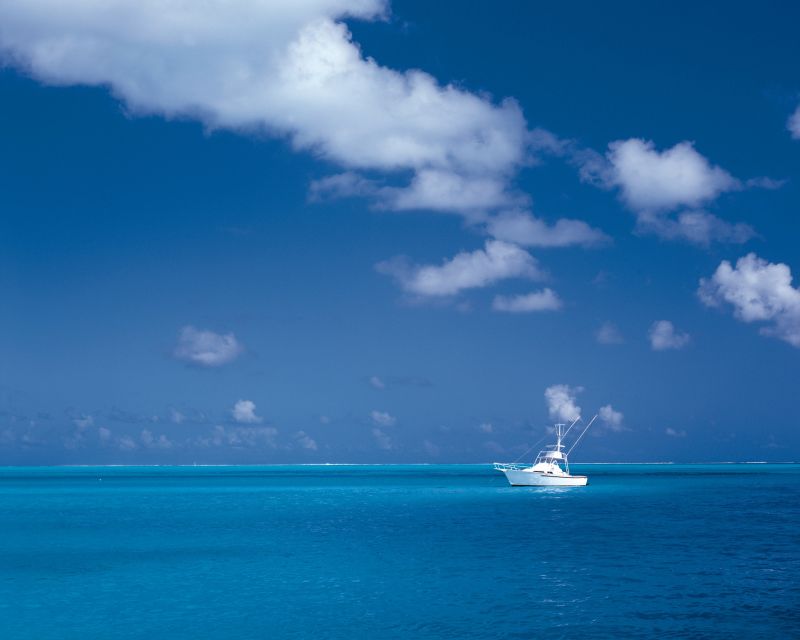poison
英 ['pɒɪz(ə)n]
美 ['pɔɪzn]
- vt. 污染;使中毒,放毒于;败坏;阻碍
- vi. 放毒,下毒
- n. 毒药,毒物;酒;有毒害的事物;[助剂] 抑制剂
- adj. 有毒的
- n. (Poison)人名;(西)波伊松
CET4 TEM4 考 研 CET6
poison 毒物,毒药来自古法语poison,饮料,尤指药饮,来自拉丁语potare,饮水,饮用,词源同potion,symposium.后词义过渡为毒物,毒药。
- poison
- poison: [13] Etymologically, poison is simply something you ‘drink’. The word comes via Old French poison from Latin pōtiō ‘drink’ (source also of English potion), a derivative of the verb pōtāre ‘drink’ (from which English gets potable). The specialization in meaning from ‘drink’ to ‘poisonous drink’ took place in classical Latin, but the further progression to ‘any poisonous substance’ is a later development. Another probable relative is pot.
=> potable, potion, symposium - poison (n.)
- c. 1200, "a deadly potion or substance," also figuratively, from Old French poison, puison (12c., Modern French poison) "a drink," especially a medical drink, later "a (magic) potion, poisonous drink" (14c.), from Latin potionem (nominative potio) "a drinking, a drink," also "poisonous drink" (Cicero), from potare "to drink" (see potion).
For form evolution from Latin to French, compare raison from rationem. The Latin word also is the source of Old Spanish pozon, Italian pozione, Spanish pocion. The more usual Indo-European word for this is represented in English by virus. The Old English word was ator (see attercop) or lybb. Slang sense of "alcoholic drink" first attested 1805, American English.
For sense evolution, compare Old French enerber, enherber "to kill with poisonous plants." In many Germanic languages "poison" is named by a word equivalent to English gift (such as Old High German gift, German Gift, Danish and Swedish gift; Dutch gift, vergift). This shift might have been partly euphemistic, partly by influence of Greek dosis "a portion prescribed," literally "a giving," used by Galen and other Greek physicians to mean an amount of medicine (see dose (n.)).
Figuratively from late 15c.; of persons by 1910. As an adjective from 1520s; with plant names from 18c. Poison ivy first recorded 1784; poison oak is from 1743. Poison gas first recorded 1915. Poison-pen (letter) popularized 1913 by a notorious criminal case in Pennsylvania, U.S.; the phrase dates to 1898. - poison (v.)
- "to give poison to; kill with poison," c. 1300, from Old French poisonner "to give to drink," and directly from poison (n.). Figuratively from late 14c. Related: Poisoned; poisoning.
- 1. Markov died after being struck by a poison dart.
- 马尔科夫身中毒镖而亡。
来自柯林斯例句
- 2. Poison from the weaver fish causes paralysis, swelling, and nausea.
- 龙的毒素会引起瘫痪、肿胀和恶心。
来自柯林斯例句
- 3. If I was your wife I would poison your coffee.
- 如果我是你老婆,我会在你的咖啡里下毒。
来自柯林斯例句
- 4. Suspicion and jealousy, however ill-founded, can poison a marriage.
- 怀疑和忌妒,不管多么站不住脚,都可能毒害婚姻。
来自柯林斯例句
- 5. "Poison" took first prize at the 1991 Sundance Film Festival.
- 《毒药》在1991年的圣丹斯电影节上获得一等奖。
来自柯林斯例句
